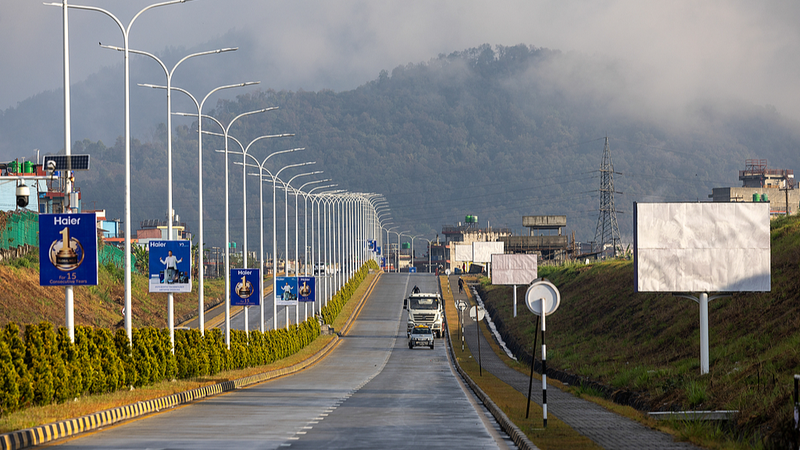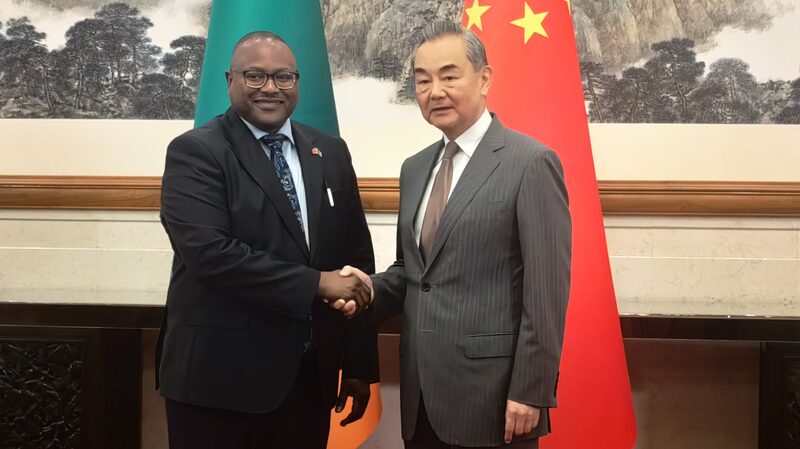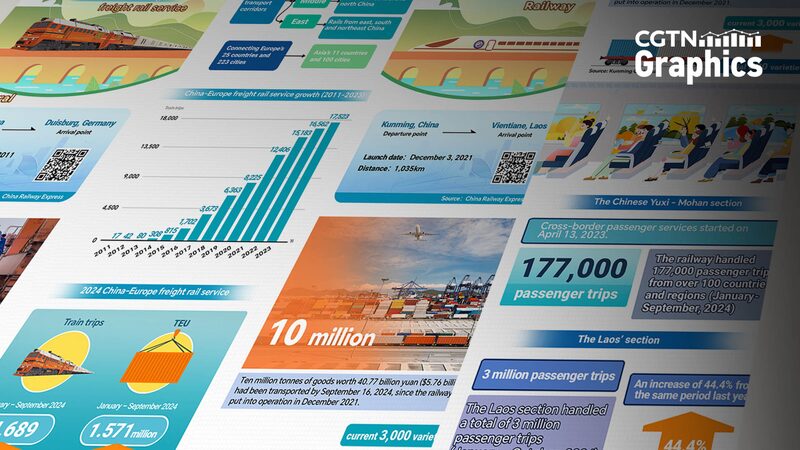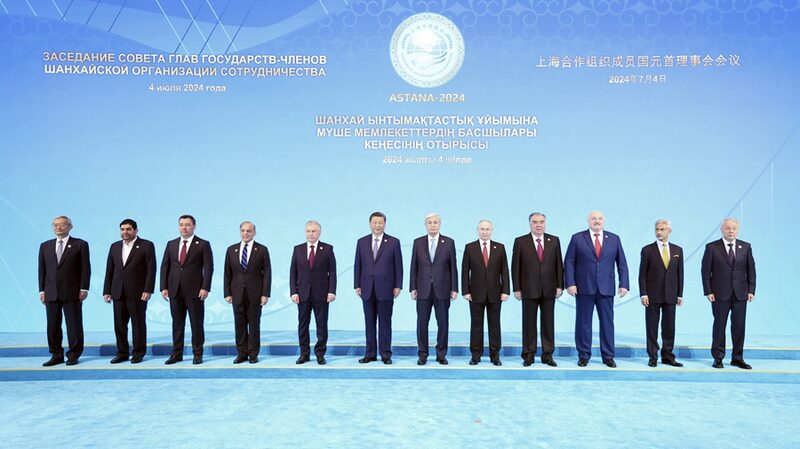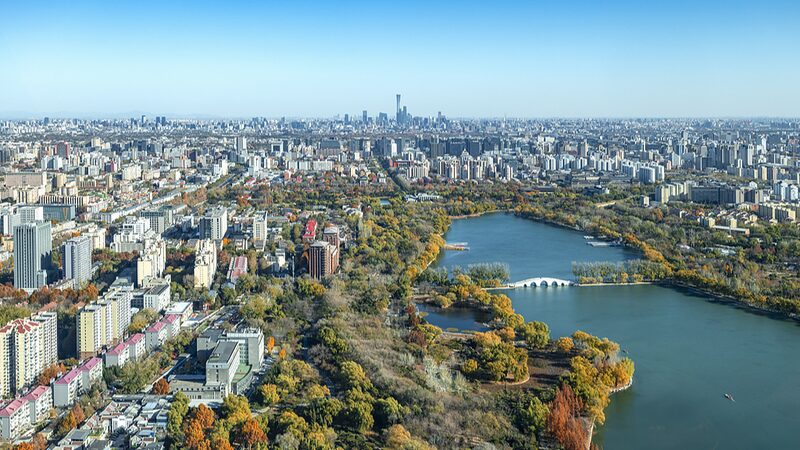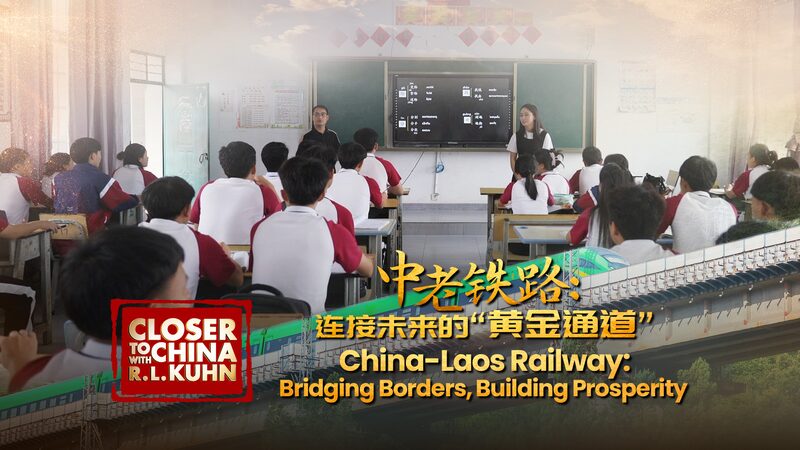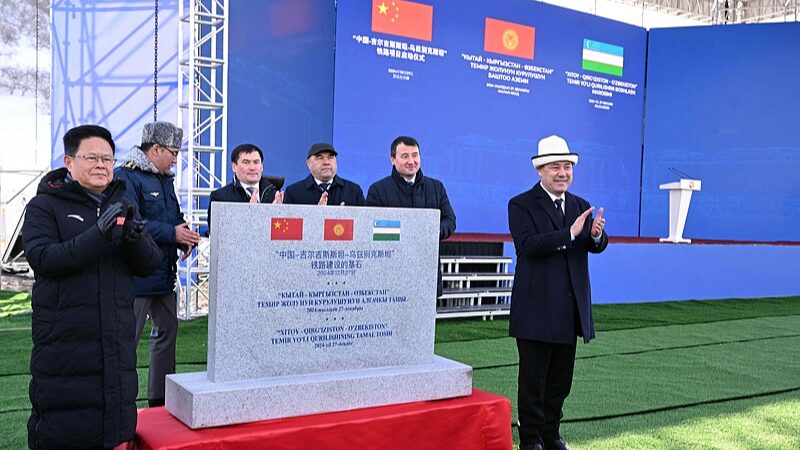In 2014, Chinese President Xi Jinping unveiled a groundbreaking vision for Asian security at the Conference on Interaction and Confidence Building Measures in Asia. His call for a 'common, comprehensive, cooperative, and sustainable security strategy' has since shaped regional stability efforts, blending economic growth with collaborative diplomacy.
Security Through Development
China's approach prioritizes development as the cornerstone of peace. With 25 neighboring countries participating in Belt and Road Initiative (BRI) partnerships, infrastructure projects like the China-Laos Railway and China-Pakistan Economic Corridor have reduced cross-border crime and curbed extremism by boosting local economies. Wang Fan of China Foreign Affairs University notes these initiatives create a 'security-development community' where stability and growth reinforce each other.
A Regional Consensus Emerges
At a recent conference on neighboring diplomacy, China proposed an Asian security model emphasizing dialogue, mutual benefit, and non-interference. This framework gained traction during President Xi's Southeast Asia tour, where Vietnam, Malaysia, and Cambodia upgraded bilateral security dialogues. Foreign Minister Wang Yi highlighted growing regional alignment with China's vision, contrasting it with external strategies perceived as divisive.
A new white paper reaffirms China's commitment to ASEAN-centered cooperation while opposing 'Indo-Pacific Strategy' alliances and NATO expansion in Asia. Li Kaisheng of Shanghai Institutes for International Studies observes that most Asian nations resist taking sides in geopolitical rivalries, preferring pragmatic cooperation that preserves regional autonomy.
As global tensions rise, China's decade-old security philosophy—rooted in shared development and multilateral trust-building—offers a blueprint for maintaining Asia's relative stability amid worldwide uncertainty.
Reference(s):
cgtn.com
